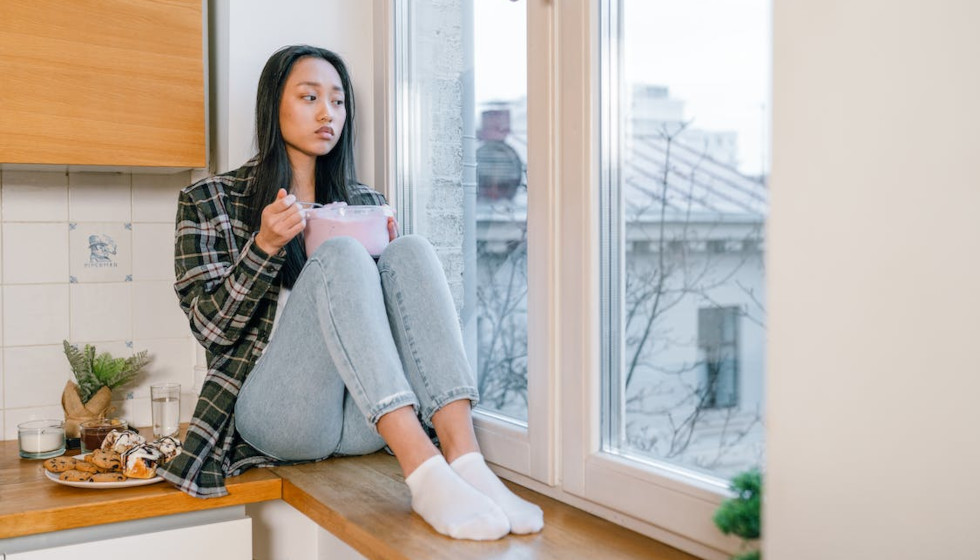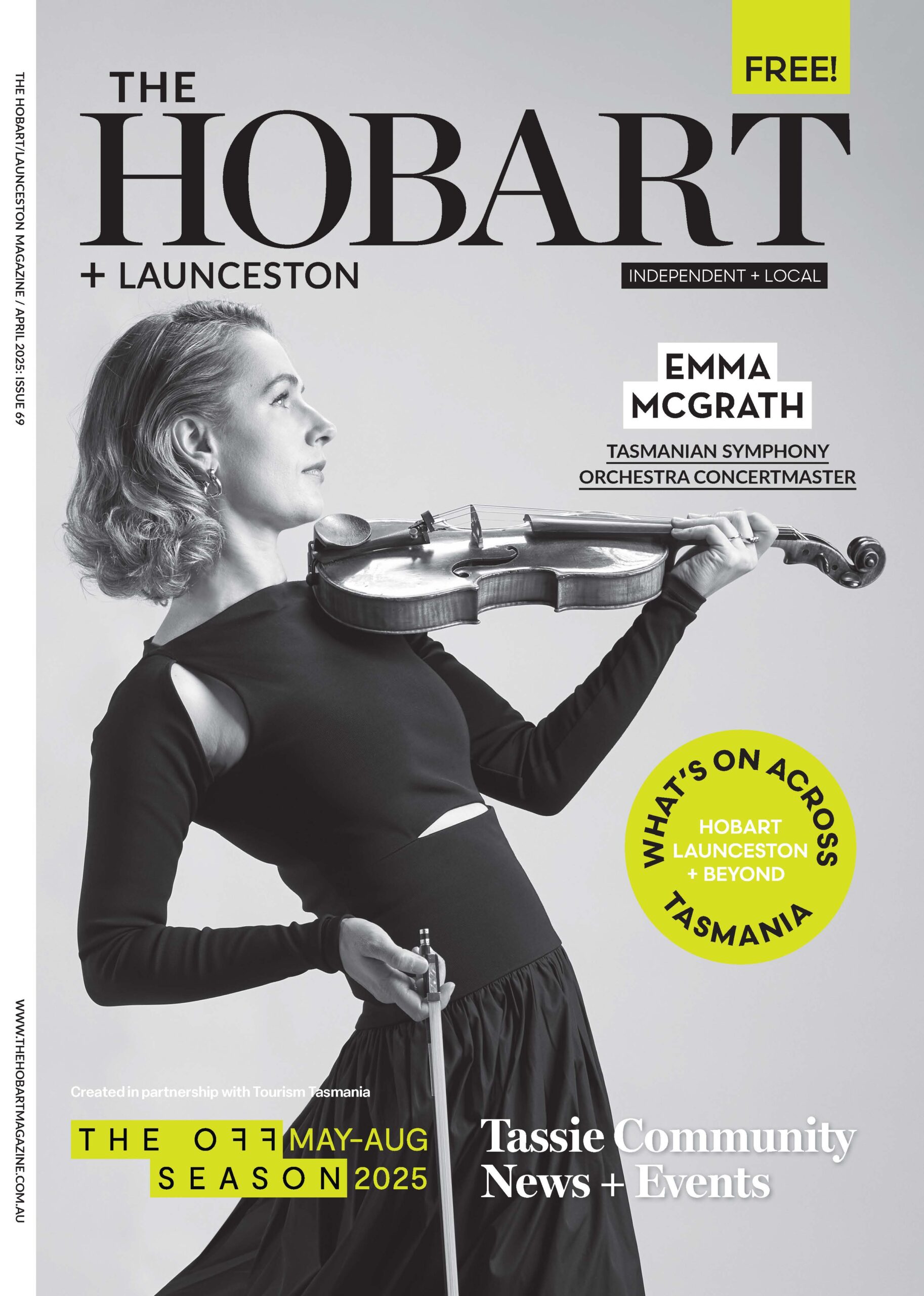Sugar and Spice and All things… Stress?
by Serena Hodge

You swear by the staff room Cadbury stash as your daily afternoon pickme- up…but would you consider cutting back on sugar if you knew that it could help in managing anxiety?
Excessive sugar intake can have detrimental impacts on your health; point blank. It’s a public health message we have been inundated with for years. Often framed in the light of chronic-disease prevention, we’re told that cutting out the sweet goodness of refined sugar will help to reduce our risk of diabetes, heart disease, obesity and maybe even some cancers. We all know we should be eating less of it, yet the knowledge that its regular consumption could potentially be shaving years off our lives still doesn’t seem to stop us from turning to soft drinks for refreshment, or a chocolate bar at the self-serve checkout.
I’m a dietitian, and even I’ll admit that I’m partial to finishing my evening on a sweet note. But it wasn’t until recently, after a particularly indulgent week, that I began to ponder the implications that my sweet-tooth might be having on my mental health. I journal, meditate, exercise, spend a healthy amount of time away from screens and am well acquainted with breathing techniques. But I wonder if my efforts to manage my high-functioning anxiety are negated by the sugar contents of my diet.
How much is too much? The World Health Organisation (WHO) recommends adults and children should limit their intake of added sugar to 5% of daily energy intake (six teaspoons). This includes all added sugars, in addition to the sugars found in honey, fruit juice, syrups and fruit juice concentrate. It sounds easy enough in theory, but how does this compare to common supermarket products? For reference, a single 375ml can of Coke contains 10 teaspoons of sugar. A serving of flavoured fat-free yoghurt, six teaspoons. With seemingly ‘healthy’ products containing stacks of the stuff, it’s no wonder Australia’s sugar intake is off the charts. In 2011-12, it was estimated that on average, Australians consume half a kilogram of added sugar per week. And this doesn’t include naturally occurring sugar found in whole foods such as fresh fruit, vegetables, grains, or the lactose in milk.
Sugar on the mind and body It’s worth distinguishing that sugar doesn’t cause anxiety. Rather, the physiological effects it has within the body can exacerbate anxious feelings among sufferers. An excessive intake of refined sugar throughout the day results in (sometimes turbulent) fluctuations in blood sugar levels. During a sugar rush, blood sugar levels spike. This can make you feel nauseous, tense and overstimulated. When blood sugar levels drop, it can induce feelings of fatigue, blurred vision and shakiness. Think of it like this: people with anxiety are often hypersensitive to minor changes in body sensations that signal panic. Therefore, the similarities in symptoms that arise post-sugar consumption can mimic the early stages of an anxiety attack. If you know anxiety, then you know that a mere heart palpitation or wave of nausea can be enough to send you into a downward spiral quick-fast. A diet high in sugar also feeds the ‘bad’ bacteria in your gut. This can increase sugar cravings, which only further perpetuates an overgrowth of the nasties. An imbalance in gut bacteria is linked to systemic inflammation; a potential risk factor for anxiety and panic disorders.
Hold up! Before you go cold turkey… Abruptly ceasing sugar in your diet has the potential to temporarily worsen anxiety. Sugar withdrawals are a real thing. It is thought that a sudden halt in consumption can send your body into a physiological state similar to the withdrawal symptoms of addictive substances (think: anxiety, irritability, confusion and fatigue). In the context of an anxious- prone person, these feelings can be heightened and mimic a panic attack. So rather than starting a crazy, sugar-free (please-cleanse-me-of-my-anxiety) detox. Why not set the intention to become a little more mindful of how much sugar exists in your diet? Consider sugar added to cooking, sweetened beverages you regularly drink, or take a peek at the nutrition label next time you visit the supermarket (Hint: aim for products that contain 15g or less added sugar per 100g). Your mind, and sugar-fuelled anxiety jitters will thank you for it.
Always consult your doctor or relevant health professional before starting any major dietary or lifestyle change. This article is not intended to provide medical or individualised dietary advice. Follow Serena on Instagram @coconut_mason or at www.coconutmason.blogspot.com.

